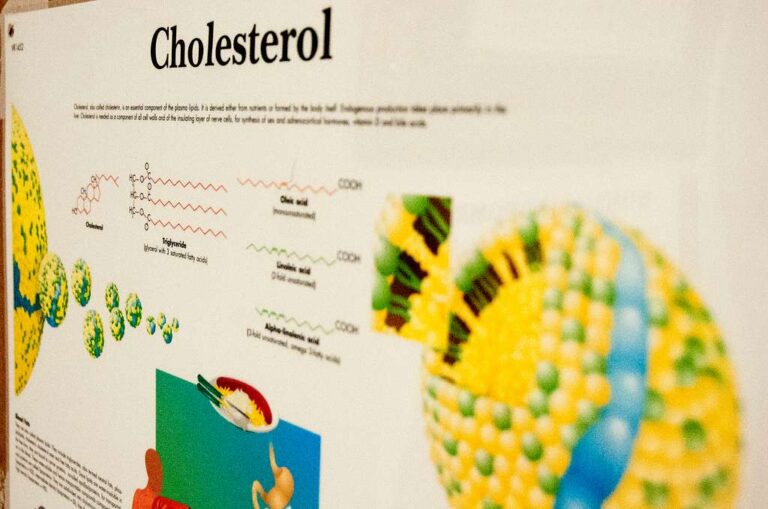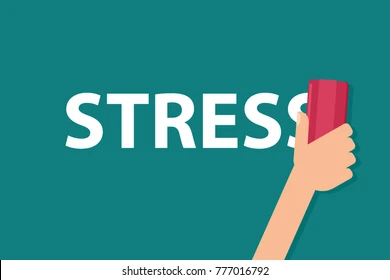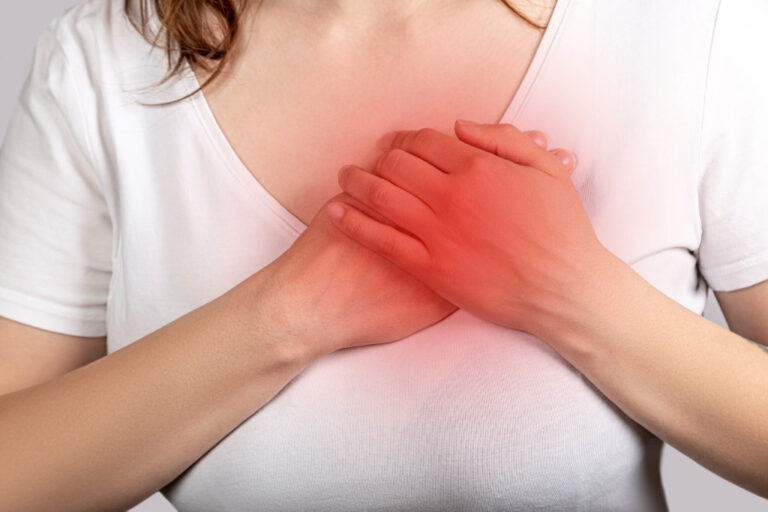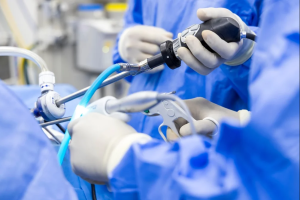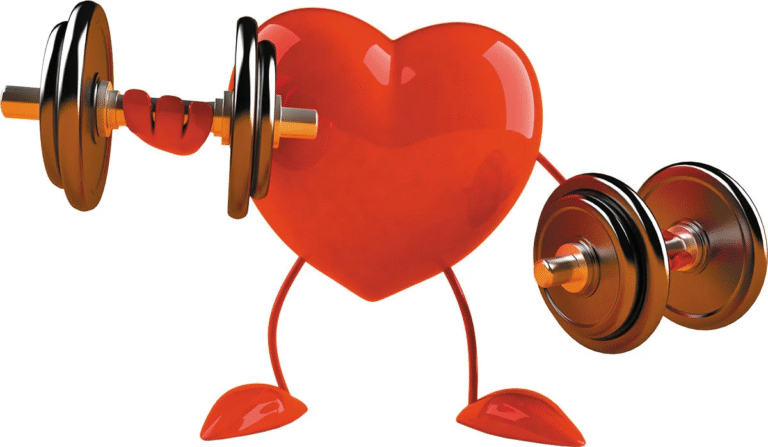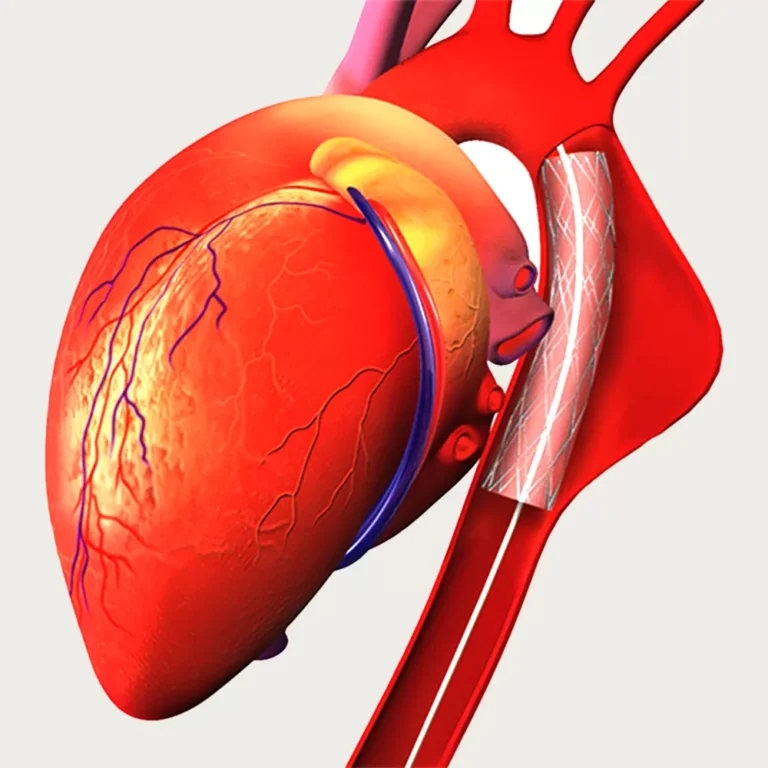Managing Sudden Chest Pain: What It Means for Your Health
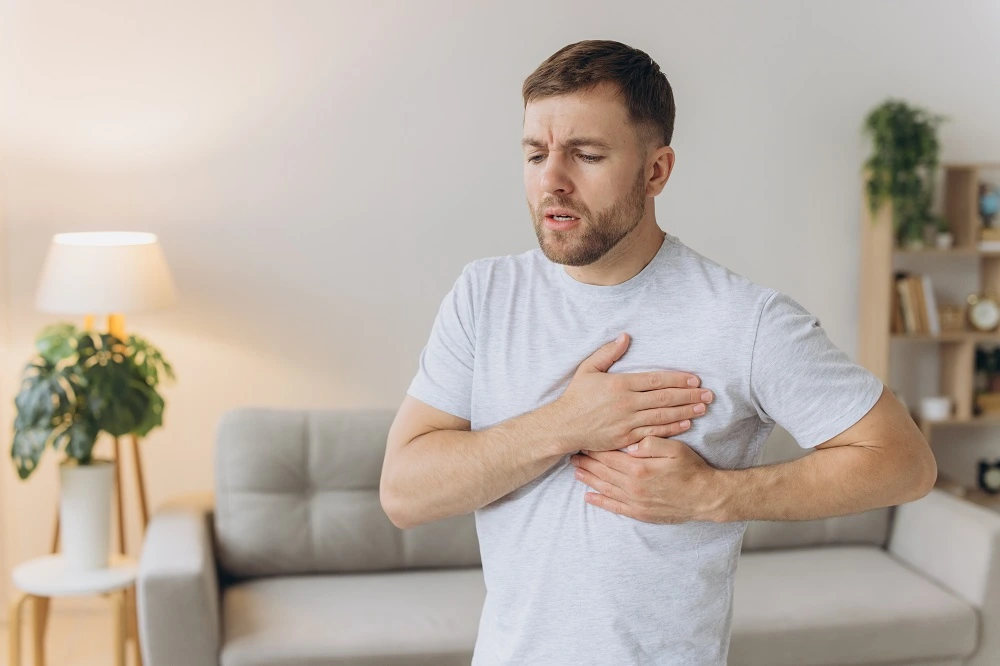
Sudden chest pain can be alarming and with good reason. While not every instance signals a heart attack, pain in the chest should never be ignored. It can be caused by a range of issues, from muscle strain and acid reflux to more serious cardiovascular problems. Understanding what your body is trying to tell you is the first step toward protecting your health. Let’s explore what sudden chest pain might mean and when to seek immediate medical attention.
Warning Signs
Chest pain presents differently depending on the cause, ranging from mild discomfort to severe, crushing pain. For people experiencing sudden pain in the chest, identifying the key warning signs is fundamental. Some of these include:
- A squeezing or crushing sensation in the chest, which may extend to the left arm, jaw, or back.
- Difficulty breathing or shortness of breath.
- Sweating, particularly in the form of cold sweats.
- A sensation of dizziness or feeling lightheaded.
- Fatigue that appears without explanation.
- A rapid or irregular heartbeat.
These symptoms can help individuals recognize whether their pain signals a more urgent or life-threatening condition, such as a heart attack. Pain that worsens with exertion or is accompanied by extra symptoms, such as radiating discomfort, should warrant immediate attention.
Key Causes
The root cause of pain in the chest depends on a range of factors, including one’s physical health. Cardiac and non-cardiac origins are frequently identified. Cardiac-related chest pain may stem from blocked arteries, heart inflammation, or cardiac arrest. Non-cardiac causes can range from acid reflux and muscle strain to panic attacks.
Understanding the nature of this pain is helpful for determining the next steps. Consistent and compressive pain often relates to heart issues. When paired with shortness of breath or sweating, these symptoms may indicate severe complications that require urgent intervention.
Actions To Take
Taking immediate action when experiencing sudden pain in the chest can be life-saving. Addressing the condition quickly and effectively often depends on recognizing key symptoms and understanding the nature of pain. Follow these steps if you or someone near you experiences sudden chest pain:
- Contact emergency services promptly if the pain is severe and recurring, especially if it radiates to your arm, jaw, or back.
- While waiting for help, sit down and remain in a calm, rested state to reduce strain on your heart and breathing.
- Avoid exerting yourself by engaging in strenuous activity or moving unnecessarily.
- If prescribed medications have been provided by a healthcare provider, take them as instructed.
- Keep a mental or written record of symptoms, including their duration and intensity, so that this data can be communicated with medical responders.
For instances where the pain subsides with rest, still consult a healthcare professional or cardiologist. Determining the cause of the condition early allows individuals to manage any underlying issues effectively and avoid future complications.
Consult a Cardiologist for Persistent Chest Pain
Sudden chest pain requires prompt action, whether it indicates a key cardiac condition or less severe concerns. Recognizing warning signs, understanding potential causes, and taking actionable steps can make a significant difference in effectively managing these episodes. Consult with a cardiologist for detailed evaluations, accurate diagnoses, and personalized treatment plans.
- What to Expect When Visiting a Foot and Ankle Specialist
- Causes of PTSD
- The Link Between Plantar Fasciitis and Weight Gain: What You Need to Know
- How Pet Ownership Can Positively Impact Life with Fibromyalgia
- The Importance of Stretching and Flexibility in Sports Medicine
Dr. Emma Green is a health and wellness expert with over 10 years of experience in nutrition and fitness. Passionate about helping others live their healthiest lives, Dr. Green shares practical advice on wellness, nutrition, and sustainable living through LivingSpristine.

